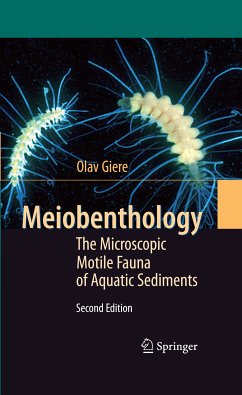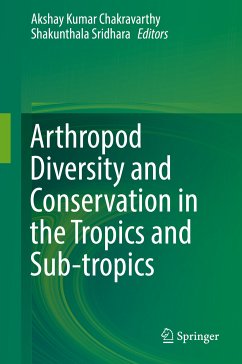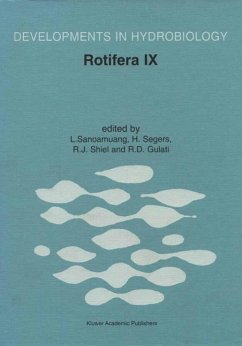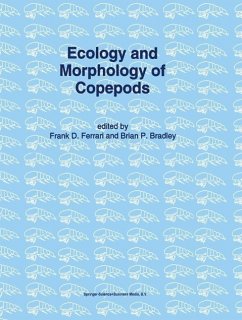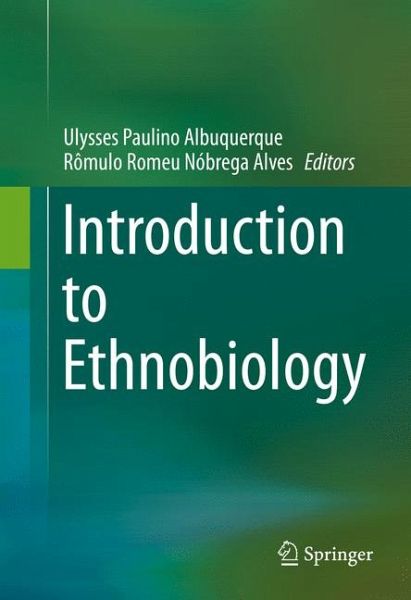
Introduction to Ethnobiology (eBook, PDF)
Versandkostenfrei!
Sofort per Download lieferbar
80,95 €
inkl. MwSt.
Weitere Ausgaben:

PAYBACK Punkte
40 °P sammeln!
This textbook provides a basic introduction to ethnobiology with key concepts for beginners. It is also written for those who teach ethnobiology or related fields. The core issues and concepts, as well as approaches and theoretical positions are fully covered.
Dieser Download kann aus rechtlichen Gründen nur mit Rechnungsadresse in A, B, BG, CY, CZ, D, DK, EW, E, FIN, F, GR, HR, H, IRL, I, LT, L, LR, M, NL, PL, P, R, S, SLO, SK ausgeliefert werden.







